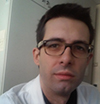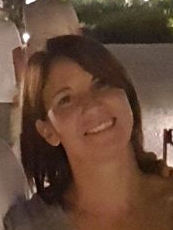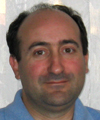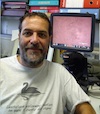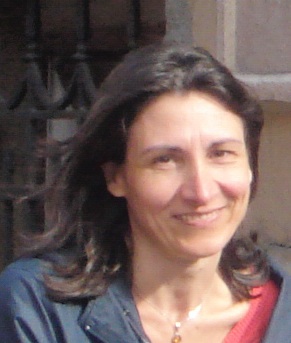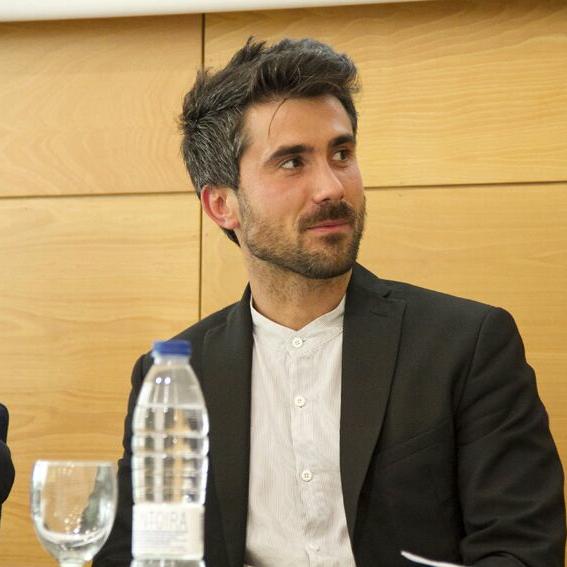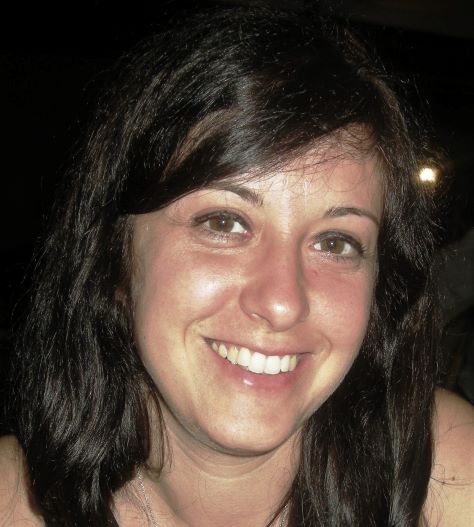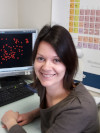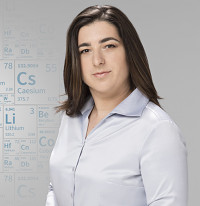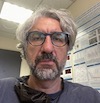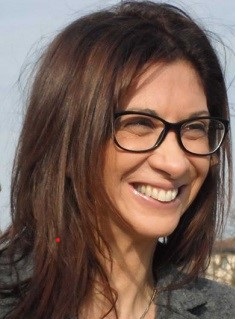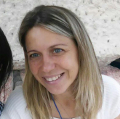Studying at the University of Verona
Here you can find information on the organisational aspects of the Programme, lecture timetables, learning activities and useful contact details for your time at the University, from enrolment to graduation.
Academic calendar
The academic calendar shows the deadlines and scheduled events that are relevant to students, teaching and technical-administrative staff of the University. Public holidays and University closures are also indicated. The academic year normally begins on 1 October each year and ends on 30 September of the following year.
Course calendar
The Academic Calendar sets out the degree programme lecture and exam timetables, as well as the relevant university closure dates..
| Period | From | To |
|---|---|---|
| I sem. | Oct 2, 2017 | Jan 31, 2018 |
| II sem. | Mar 1, 2018 | Jun 15, 2018 |
| Session | From | To |
|---|---|---|
| Sessione invernale d'esame | Feb 1, 2018 | Feb 28, 2018 |
| Sessione estiva d'esame | Jun 18, 2018 | Jul 31, 2018 |
| Sessione autunnale d'esame | Sep 3, 2018 | Sep 28, 2018 |
| Session | From | To |
|---|---|---|
| Sessione di laurea estiva | Jul 11, 2018 | Jul 11, 2018 |
| Sessione autunnale | Nov 21, 2018 | Nov 21, 2018 |
| Sessione di laurea invernale | Mar 13, 2019 | Mar 13, 2019 |
| Period | From | To |
|---|---|---|
| Christmas break | Dec 22, 2017 | Jan 7, 2018 |
| Easter break | Mar 30, 2018 | Apr 3, 2018 |
| Patron Saint Day | May 21, 2018 | May 21, 2018 |
| VACANZE ESTIVE | Aug 6, 2018 | Aug 19, 2018 |
Exam calendar
Exam dates and rounds are managed by the relevant Science and Engineering Teaching and Student Services Unit.
To view all the exam sessions available, please use the Exam dashboard on ESSE3.
If you forgot your login details or have problems logging in, please contact the relevant IT HelpDesk, or check the login details recovery web page.
Should you have any doubts or questions, please check the Enrollment FAQs
Academic staff
 maurizio.boscaini@univr.it
maurizio.boscaini@univr.it
 chiara.nardon@univr.it
chiara.nardon@univr.it
Pintossi Chiara
 chiara.pintossi@univr.it
chiara.pintossi@univr.it
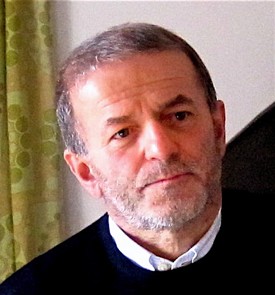
Vallini Giovanni
 giovanni.vallini@univr.it
giovanni.vallini@univr.it
 045 802 7098; studio dottorandi: 045 802 7095
045 802 7098; studio dottorandi: 045 802 7095
Study Plan
The Study Plan includes all modules, teaching and learning activities that each student will need to undertake during their time at the University.
Please select your Study Plan based on your enrollment year.
1° Year
| Modules | Credits | TAF | SSD |
|---|
2° Year activated in the A.Y. 2018/2019
| Modules | Credits | TAF | SSD |
|---|
3° Year activated in the A.Y. 2019/2020
| Modules | Credits | TAF | SSD |
|---|
| Modules | Credits | TAF | SSD |
|---|
| Modules | Credits | TAF | SSD |
|---|
| Modules | Credits | TAF | SSD |
|---|
Legend | Type of training activity (TTA)
TAF (Type of Educational Activity) All courses and activities are classified into different types of educational activities, indicated by a letter.
Basics of Food Technology (2019/2020)
Teaching code
4S003255
Credits
6
Language
Italian
Scientific Disciplinary Sector (SSD)
AGR/15 - FOOD SCIENCE AND TECHNOLOGY
The teaching is organized as follows:
teoria
esercitazioni
Learning outcomes
The course provides students with the basic elements of knowledge about preservation and processing of foodstuff and specific understanding about the quality and the nutritional properties of food. At the end of the course the student should be able to understand the potential causes of alteration of the different foods and to identify conservation methods that will increase their shelf-life. The student will also have to demonstrate knowledge of the properties and process of preparation of some of the processed foodstuffs studied during the course.
Program
The course equips the student with the causes of food spoilage and the principles of foodstuff preservation employed by the food industry, with respect of the nutritional quality. This course will provide knowledge and understanding of various physical and chemical methods of food preservation.
• Thermal processes of preservation (pasteurization, sterilization);
• Low temperature preservation (refrigeration, freezing),
• Concentration and dehydration processes,
• High hydrostatic pressure;
• Irradiation;
• Smoking;
• Fermentation processes in food preservation;
• Natural preservatives;
Examples of preparation/processing of some foodstuff will be treated:
• Different kind of milk, yogurt, cheese, butter;
• Olive oil;
• Seed Oils;
• Margarine,
• Wheat, bread, pasta.
Bibliography
| Activity | Author | Title | Publishing house | Year | ISBN | Notes |
|---|---|---|---|---|---|---|
| teoria | C. Gigliotti & R. Verga | Biotecnologie Alimentari | Piccin | 2007 | ||
| teoria | P. Cappelli, V. Vannucchi | Principi di chimica degli alimenti | Zanichelli | 2015 | 978-88-08-62123-8 | |
| teoria | R. P. Singh, D. R. Heldman | Principi di tecnologia alimentare (Edizione 1) | Ambrosiana | 2015 | 978-88-08-18746-8 | |
| esercitazioni | P. Cappelli, V. Vannucchi | Principi di chimica degli alimenti | Zanichelli | 2015 | 978-88-08-62123-8 | |
| esercitazioni | R. P. Singh, D. R. Heldman | Principi di tecnologia alimentare (Edizione 1) | Ambrosiana | 2015 | 978-88-08-18746-8 |
Examination Methods
The aim of the examination is to verify:
• the students’ knowledge on the topics treated during the course;
• the ability to connect the knowledge acquired to the productive reality.
The examination will consist of an oral interview that will pertain on the matters treated during the course and available on the recommended texts and on the material furnished by the teacher.
The procedure of the examination will be the same for the frequenting and the not frequenting students.
Type D and Type F activities
Modules not yet included
Career prospects
Module/Programme news
News for students
There you will find information, resources and services useful during your time at the University (Student’s exam record, your study plan on ESSE3, Distance Learning courses, university email account, office forms, administrative procedures, etc.). You can log into MyUnivr with your GIA login details: only in this way will you be able to receive notification of all the notices from your teachers and your secretariat via email and soon also via the Univr app.
Graduation
List of theses and work experience proposals
| theses proposals | Research area |
|---|---|
| Studio delle proprietà di luminescenza di lantanidi in matrici proteiche | Synthetic Chemistry and Materials: Materials synthesis, structure-properties relations, functional and advanced materials, molecular architecture, organic chemistry - Colloid chemistry |
| Multifunctional organic-inorganic hybrid nanomaterials for applications in Biotechnology and Green Chemistry | Synthetic Chemistry and Materials: Materials synthesis, structure-properties relations, functional and advanced materials, molecular architecture, organic chemistry - New materials: oxides, alloys, composite, organic-inorganic hybrid, nanoparticles |
| Dinamiche della metilazione del DNA e loro contributo durante il processo di maturazione della bacca di vite. | Various topics |
| Risposte trascrittomiche a sollecitazioni ambientali in vite | Various topics |
| Studio delle basi genomico-funzionali del processo di embriogenesi somatica in vite | Various topics |
Attendance
As stated in the Teaching Regulations for the A.Y. 2022/2023, attendance is not mandatory. However, professors may require students to attend lectures for a minimum of hours in order to be able to take the module exam, in which case the methods that will be used to check attendance will be explained at the beginning of the module.



